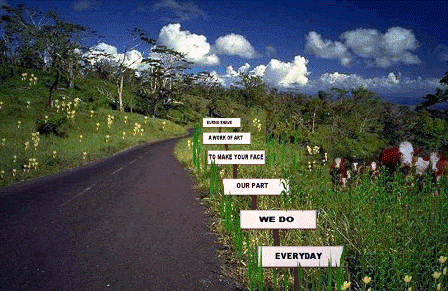I am now quite obsessed with Robert Burns.
The other day I spent my lunch break sitting in a cemetery in Ravena, NY, reading aloud from A Night Out with Robert Burns: The Greatest Poems in a Scottish accent. (Well, I’m calling it a Scottish accent. Many would disagree.) It was fun. Really, really fun. This particular book is divided by subject matter: poems about women, drink, politics, etc. I read quite a few love poems and several about drinking. Then I read — for the first time in my life, I’m embarrassed to say — “Tam O’ Shanter.” What a riot!
I’m also reading Robert Crawford’s new biography of Burns, The Bard: Robert Burns, A Biography. It’s the first biography of Burns that I’ve read, so I can’t compare it to the many volumes that have come before, but the scholarship seems first-rate and the writing is compelling and fresh. It also doesn’t shy away from the political and religious underpinnings of Burns’ work, which I appreciate.
I’ve long been a fan of Old Blind Dogs, the Scottish traditional band. For a while, their lead singer was Jim Malcolm, a wonderful interpreter of the songs of Robert Burns. I just picked up one of his solo recordings, which I highly recommend. It includes his interpretation of “Tam O’ Shanter.”
Just today, I downloaded Eddi Reader’s album of Burns music, Sings The Songs Of Robert Burns:
Oh my. Oh my, oh my. What a voice. What an orchestral accompaniment. What a gorgeous album. Burns fan or not, you need this one in your collection.











